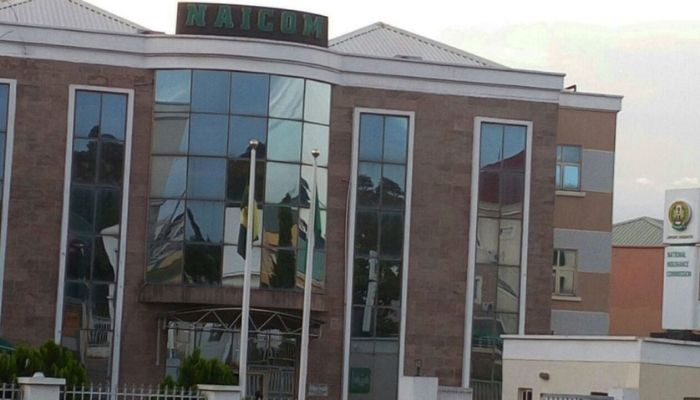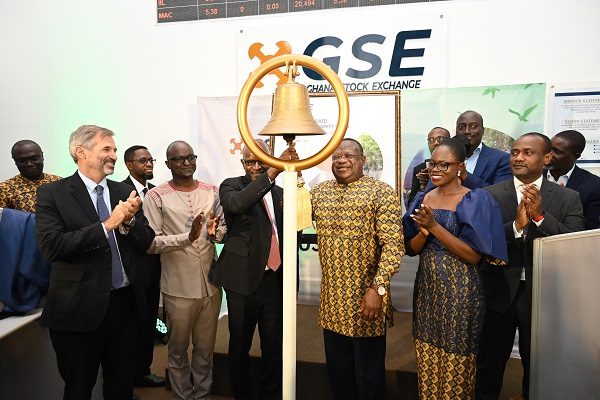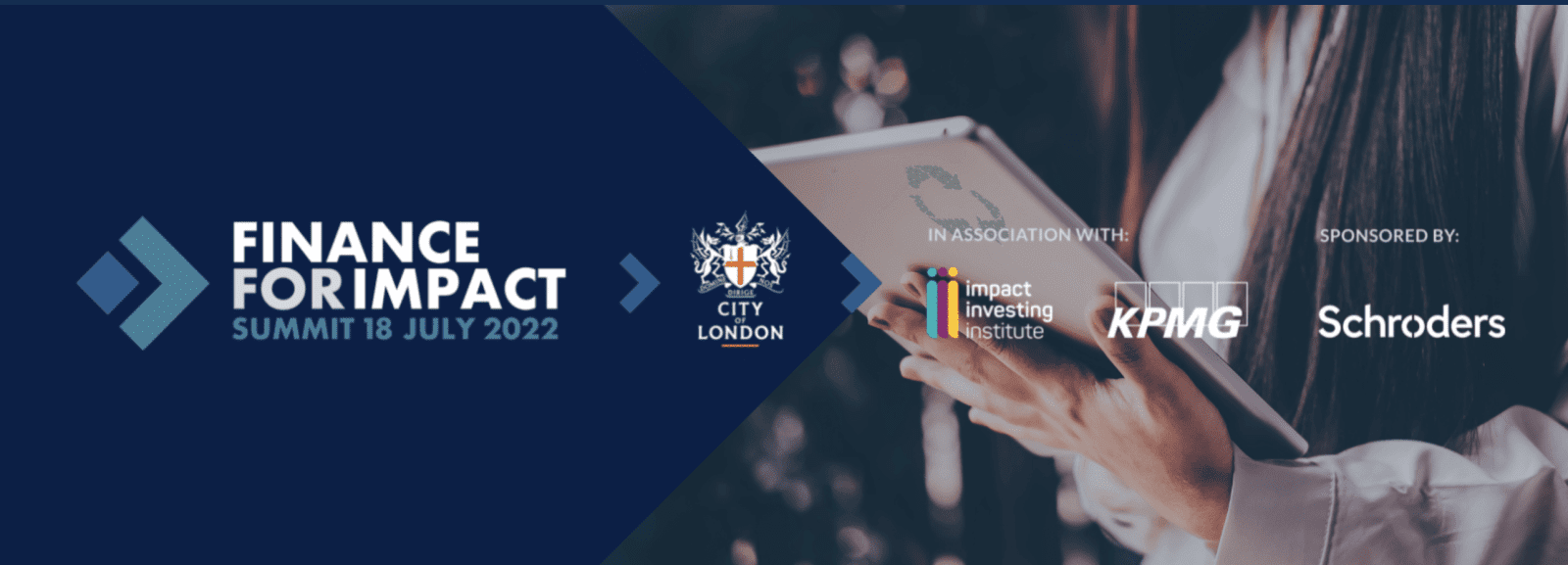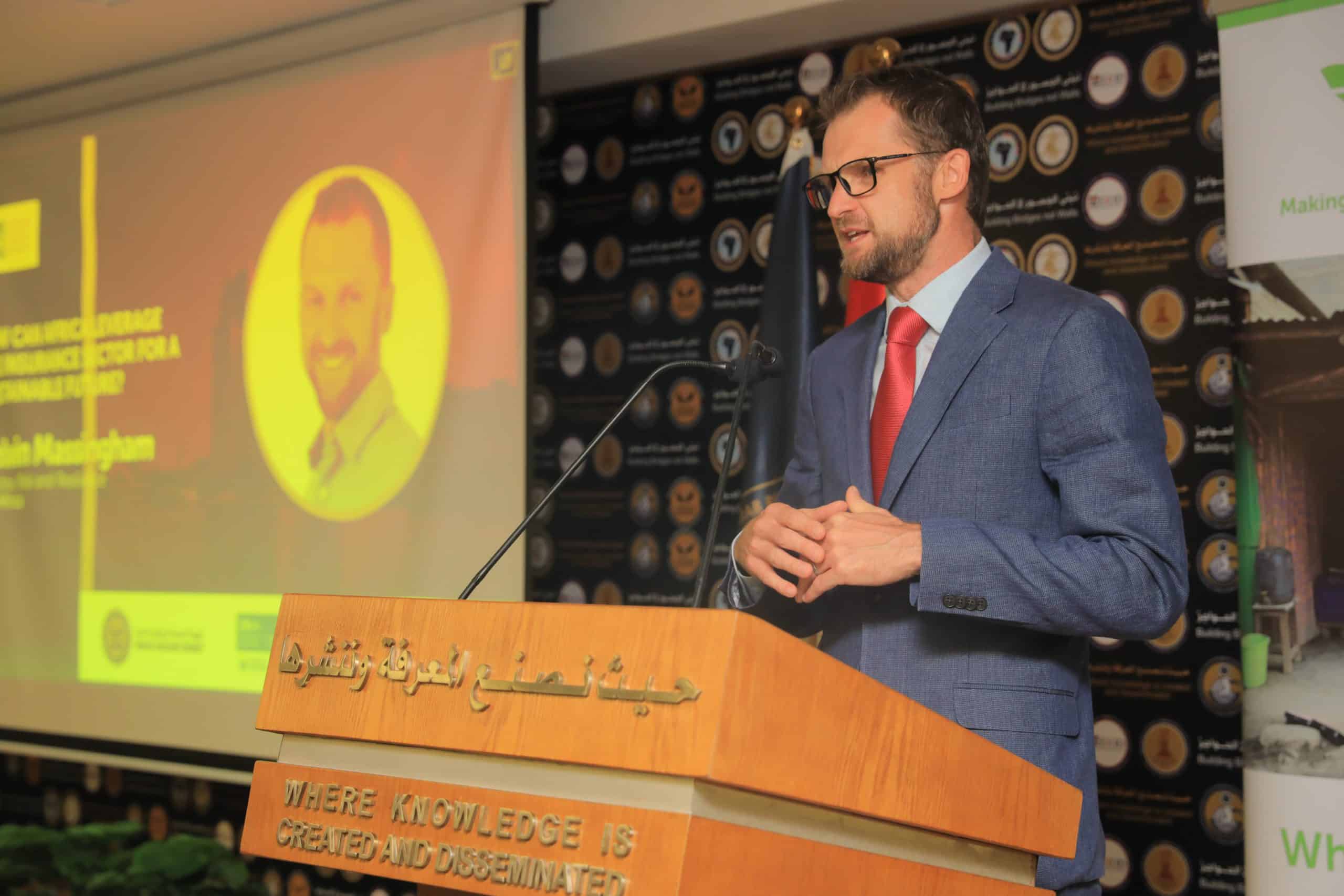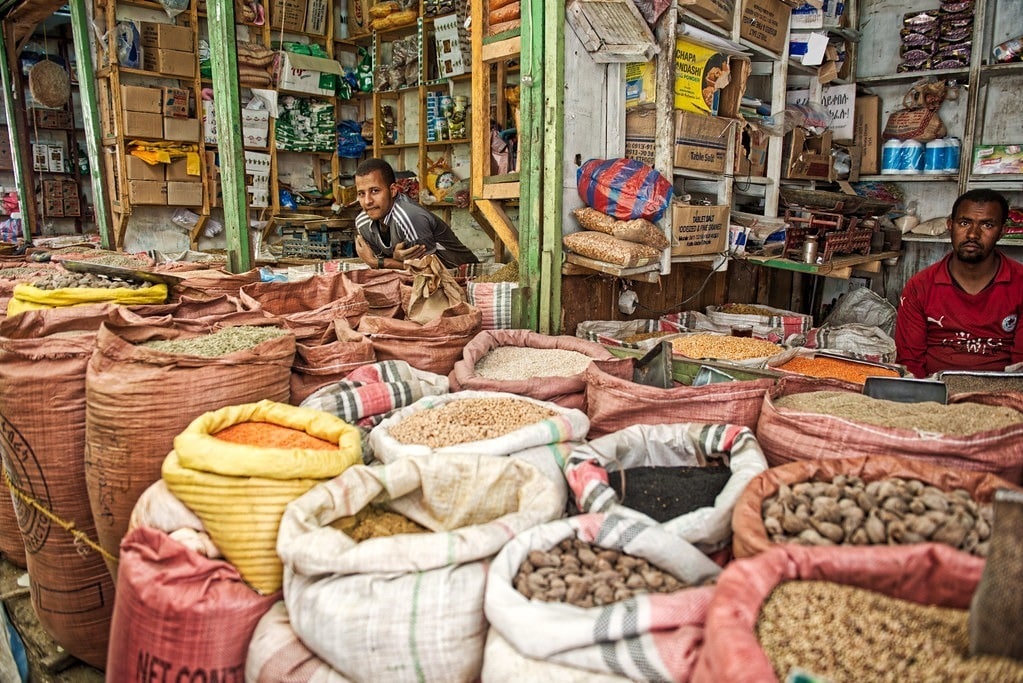The National Insurance Commission (NAICOM) has promised to raise the level of the insurance services in Nigeria to match global standards.
Sunday Thomas, the commissioner for Insurance/CEO National Insurance Commission (NAICOM) said this during a seminar organised by the Commission for insurance journalists in Lagos with the theme “The Future of the Nigerian Insurance Sector in a Shifting Landscape.”
Thomas said they will do this through continued mutual collaboration with the media and other relevant stakeholders.
According to Thomas: “As regulators, we would continue to consolidate on the administration’s cardinal agenda of developing the market and fostering insurance inclusion along with mutual collaboration of the press and other relevant stakeholders.”
Thomas said the Commission will continue its execution of various regulatory and market development initiatives to uplift the insurance sector to global standard.
“This will be achieved through a 12-point laid down initiative that will focus on engaging stakeholders including state governments towards ensuring domestication of the laws to ensure compliance with compulsory insurances and improve the business of insurance in their respective states; driving the Market Development and Restructuring Initiative (MDRI) to promote compulsory insurance products; feasibility Assessment for Index Based Risk Transfer Solution in the agricultural sector; financial Inclusion Drive via focused Insurance awareness campaign for the financially excluded.”
“Other areas are, launch of the Insurtech Accelerator Platforms under the Insurance Market Development programme i.e Bimalab Programme in conjunction with FSD Africa; ongoing synergy with FSD Africa on developing a Risk Based Capital Model for the Nigerian Insurance Industry; promoting the development of products and business models that meet the needs of the financially excluded group; automation of the Commission’s processes; actuarial capacity development programme; risk based supervision regime; regional Integration and setting up of the insurance sector committee on African Continental Free Trade Area (AfCFTA) amongst others.”
“Stemming from the theme for this seminar, it is worth noting that insurance over the ages has always been seen as a business that exists for the survival of other businesses.”
“At this period of rejuvenation, it calls for the Nigerian insurance sector to develop innovative products and distribution channels, embark upon massive infrastructural development, improvement in social safety nets scheme, rejig business continuity plans and general deployment of technology to meet the expectation of today’s consumers and create new experiences that add value,” Thomas said.
Read also: Insurance industry’s gross premium income grows 65.6% in 5years
On importance of insurance, NAICOM boss said, “The insurance sector plays a vital role in financial inclusion because it reduces the poverty line, assist people to manage their risk and protect them from negative adverse effect of any unforeseeable circumstances as well as increases access to other financial services
“In today’s modern business environment, disruption plays an integral part of any business, hence innovation being implemented by the Commission is geared towards gaining control of a specific segment of the market that has been left untapped by encouraging the introduction of products tailored to the consumers in order to grow insurance businesses.”
Read original article
